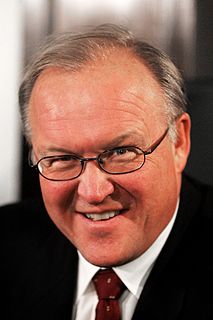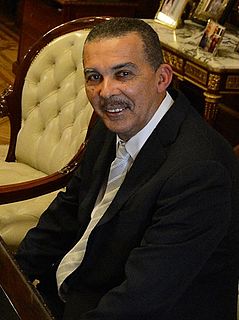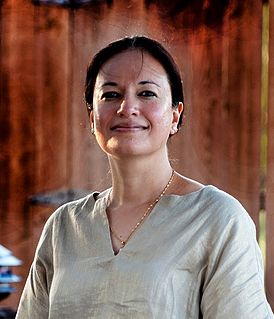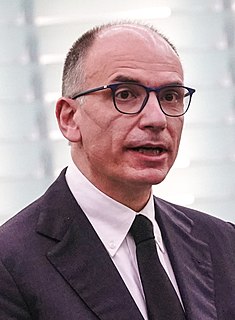A Quote by Anthony Zinni
The United Nations offers international legitimacy in what we might do.
Quote Topics
Related Quotes
The United Nations' founders understood that decisions affecting war and peace should happen only by consensus, and with America's consent, the veto by Security Council permanent members was enshrined in the United Nations Charter. The profound wisdom of this has underpinned the stability of international relations for decades.
I think we're in a new era where the advancing tide is towards human unity, where people all around the world want to come together. The United States is in a position where it can lead the way towards that and it can do it in practical ways by affirming the power of the United Nations so that the international process makes decisions on international security.
There are many who criticise the United Nations. And those of us who know this institution well know that it is not immune from criticism. But those who argue against the United Nations advance no credible argument as to what should replace it. Whatever its imperfections, the United Nations represents a necessary democracy of states.
Both India and Pakistan have a long history of deploying rhetorical strategies to skirt the issue of plebiscite or complete secession of the former princely state of Jammu and Kashmir. When feeling particularly belligerent Pakistan cries itself hoarse declaring the legitimacy of plebiscite held under United Nations auspices in J & K; India responds just as aggressively by demanding the complete withdrawal of Pakistani troops from the territory of pre-partition J & K; or, in a moment of neighborly solicitude, for conversion of the LOC to a permanent International border.








































